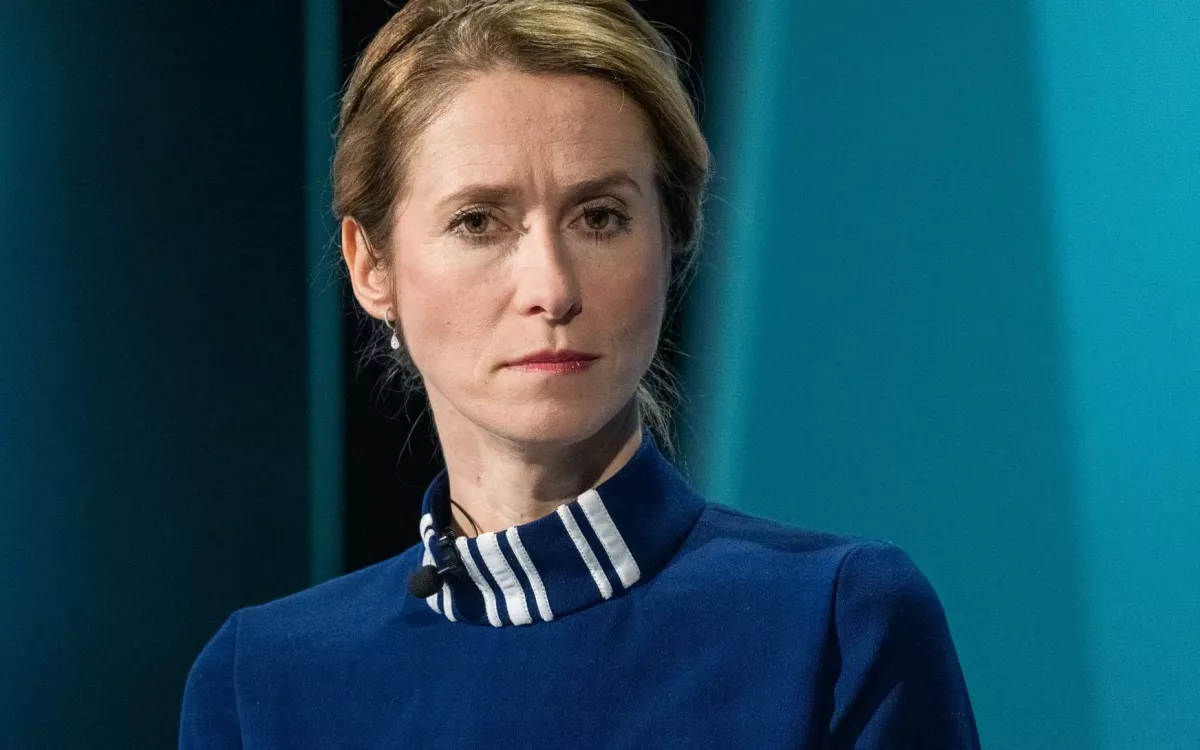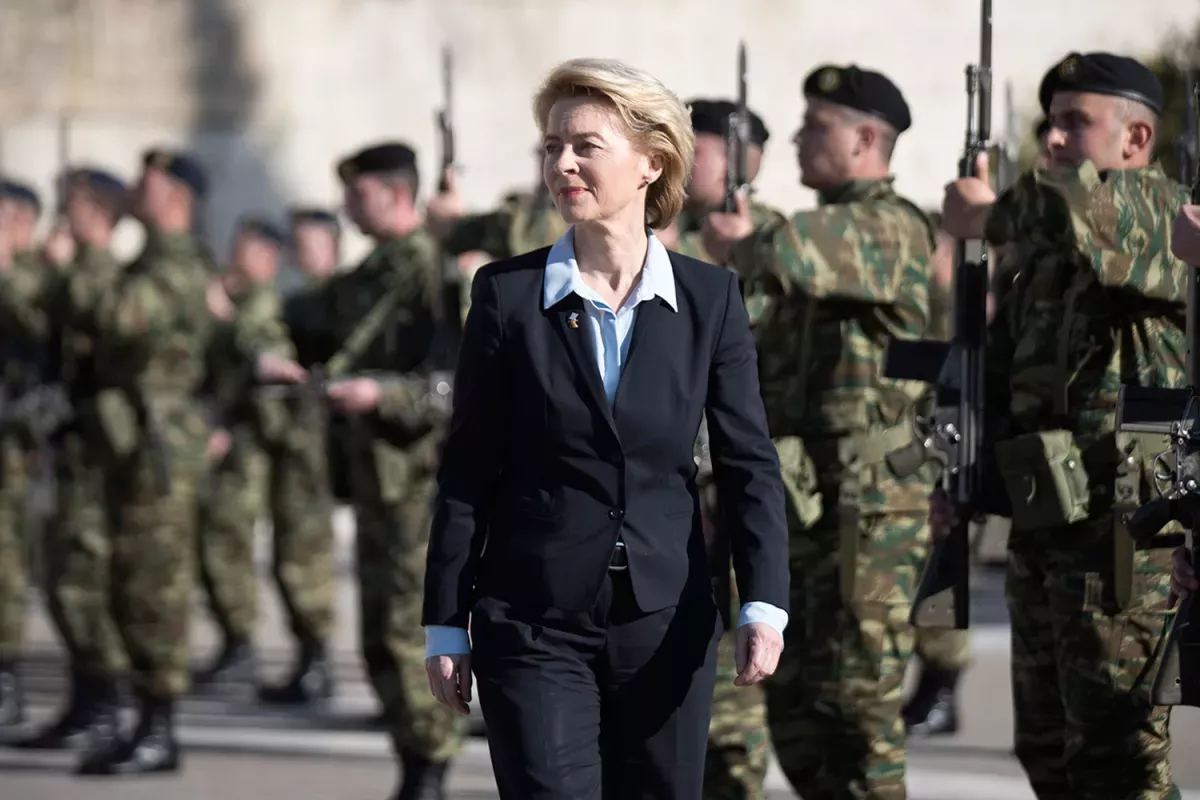Von der Leyen’s “personal intelligence service” Why does Brussels need another spy agency?
Amid growing scepticism within the European Union over the previously championed “green” agenda, as well as debates on revising social benefits and scaling back financial support for farmers—policies Berlin considers a “dangerous turning point”—Europeans have recently been presented with new, attention-grabbing information. European Commission President Ursula von der Leyen plans to establish a new EU intelligence agency under her direct control. Already dubbed von der Leyen’s “personal intelligence service,” this agency is expected to have the authority to collect information from the national intelligence services of EU member states.

According to several European media outlets, the proposal has already sparked noticeable discontent from Kaja Kallas, the head of European diplomacy who oversees the EU’s intelligence sector. While this initiative does not directly duplicate the functions of the European External Action Service, which implements the EU’s security policy globally, the very idea of creating a “personal” intelligence structure within the European Commission is drawing attention. Officially justified as a way to enable “more effective operational use” of existing data, the plan is widely seen within the EU as a significant power shift—enhancing the Commission President’s authority while, in effect, reducing the influence of Kallas’s department.
All the more so since the European Information Centre, INTCEN—a key EU foreign intelligence and counterintelligence body that brings together the intelligence services of all member states—falls under the authority of the High Representative. INTCEN’s primary task is the collection and analysis of information on the activities of foreign organisations and citizens.
Overall, these developments are not entirely surprising. The initiative itself is far from new: as early as March 2025, von der Leyen highlighted the need for greater focus on Europe’s security and defence, citing shifts in the international environment that she described as increasingly unfavourable for Brussels. At that time, alongside the “Rearm Europe” concept—which envisages mobilising an additional €800 billion for EU defence needs—she proposed the establishment of a “Security College.”

In justifying this move, the European Commission President explicitly stated that the EU’s priorities are shifting: “prosperity and competitiveness” are no longer at the forefront, while defence and security take precedence. “Extraordinary times call for extraordinary measures,” von der Leyen remarked. She then urged all European Commissioners to step up their efforts, noting that the “Security College” should regularly review current threats and develop strategies to neutralise them.
Consequently, attempts by certain European media outlets to present the Commission’s proposal for a “new intelligence structure” as a sensational development largely misrepresent the actual context of the moment.
Moreover, as early as spring, some analysts were confident that von der Leyen’s initiative was in large part a response to Washington, which had openly suggested possible limitations on security guarantees and reductions in the exchange of classified intelligence with the EU. Formally, during her March speech, the Commission President emphasised that the US remains an “indisputable ally” of Europe, even though President Donald Trump had issued some “verbal attacks” against the EU.
The current intensification of the European Commission’s activities within the framework of the “Security College,” where the primary agenda is expected to focus on security issues—especially the collection and processing of necessary intelligence—has once again brought expert assessments to the fore. Several analysts note that von der Leyen’s moves in this direction fit neatly into the concept of “Europe’s strategic autonomy.” This autonomy, experts emphasise, is primarily intended to reduce Europe’s dependence on the White House’s political line regarding European affairs.
The question remains how individual EU member states, which do not always agree with the Commission’s “main line,” will react to this process. In effect, Brussels would be granted yet another supranational function—this time in a highly sensitive area: access to the intelligence data of all member states. Another key issue arises: will leading EU countries, often holding exclusive intelligence, be willing to share it within a common system, including a centralised structure? By agreeing to do so, they risk potentially exposing their key influence agents.
As of now, no clear regulatory document concerning the “Security College” has been made available to the European community. The official position of the European External Action Service on this matter has also not been announced. Nevertheless, the latest media leak—citing anonymous “senior officials”—only underscores the seriousness of Ursula von der Leyen’s intentions. Against this backdrop, many observers have once again drawn attention to her differences with several of Donald Trump’s policies towards Europe, effectively reinforcing the view that von der Leyen’s initiative may be aimed at countering Washington’s position.








